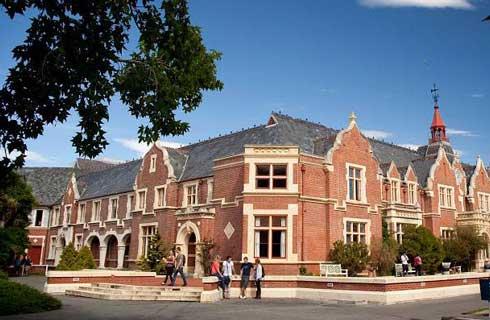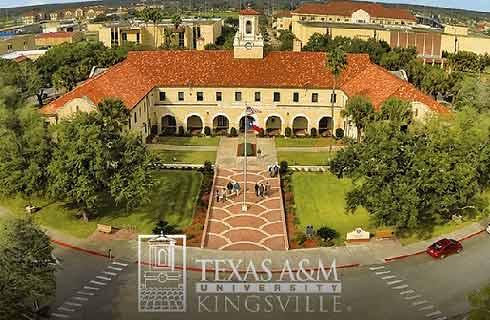国际学生入学条件
An upper second class honours degree (or international equivalent), in a biological, veterinary, zoology or environmental science programme, or a degree with a minimum 50% relevant biology content including modules such as, Whole Organism Biology, Anatomy and/or Physiology, or evidence of Biology training such as A-level Biology grade C+. A research project is required.
Ielts - 7.0 overall with 6.5 in all skills
Toefl ibt - 95 overall with R22, L21, S23, W22.
展开
IDP—雅思考试联合主办方

雅思考试总分
7.0
了解更多
- 雅思总分:7
- 托福网考总分:95
- 托福笔试总分:160
- 其他语言考试:Pearson's PTE (Academic)67 overall with 64 in all skills
课程简介
This programme aims to give you the knowledge, skills and practical training needed to work with wildlife, and places particular emphasis on wildlife health and conservation on a global scale.<br><br>Topics include animal capture and handling techniques, the assessment, stabilisation and transportation of injured animals, methods for improving the welfare of captive animals, concepts in behavioural ecology, endangered species breeding programmes, the reintroduction of captive populations to the wild, practical conservation strategies, and the management of protected areas. The curriculum also delivers a comprehensive introduction to wildlife disease, one health, disease ecology, and surveillance and control. You will also study a foundation in theory and practical use of geographic information systems, spatial analysis and maximum entropy niche modelling using open source QGIS and Maxent software.<br>The MSc is based at the Bristol Veterinary School in the village of Langford near the Mendip Hills in Somerset, providing convenient access to Exmoor National Park and the rich wildlife habitats of South West England. Many small group workshops and practical sessions take place with the Bristol Zoological Society, allowing you to gain hands-on experience of exotic animal care while working behind the scenes in a modern zoological setting.<br>In addition to our own community of world-leading experts, students on this course benefit from guest lectures, workshops and seminars delivered by specialist researchers, conservationists, and wildlife veterinarians. These provide valuable networking opportunities that will benefit you in your future career. There are also field visits to important wildlife locations near Bristol.<br>By the end of the course you will have gained the skills and knowledge to deal with a variety of practical situations that professional wildlife biologists face on a day-to-day basis.
展开


















































